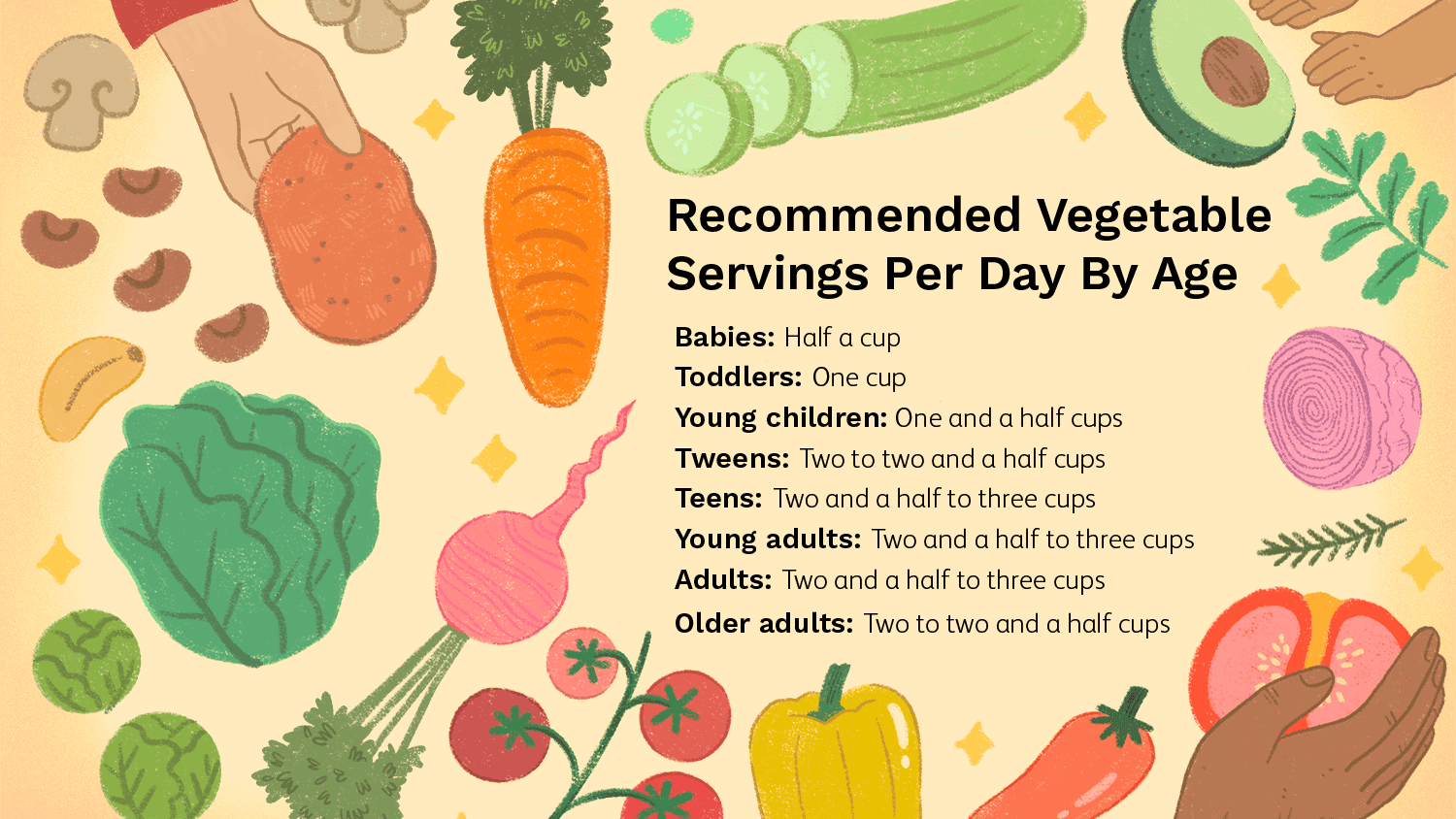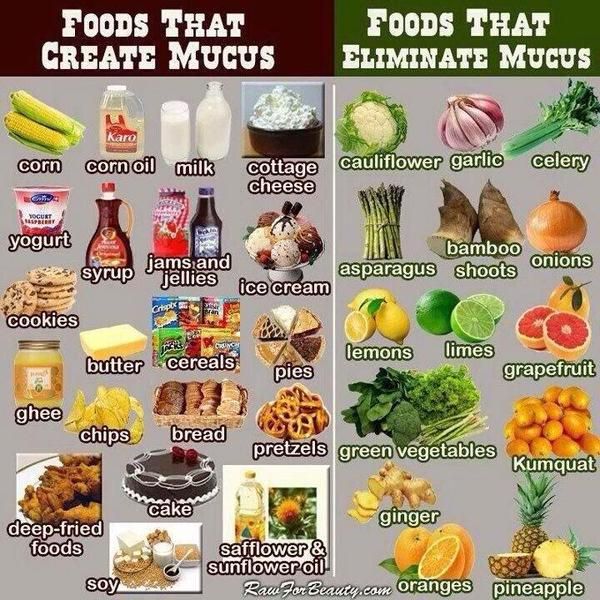
Health and Lifestyles represents a representative sample of the British population. The purpose of this survey is to ascertain the health status, diet, and exercise habits of the British population. It was done between May and Juni 2009, and the results are widely reported. These data are used in order to determine the best health-care programs. The study involved a large percentage of the population, roughly half of whom were over 40. Participation in the Health and Lifestyles Study has many benefits.
This is the first comprehensive study of British lifestyles and health. The survey revealed that many factors influence a person's life, including their physical fitness, psychological state, life circumstances, health-related behavior, and even their mental health. This study examines the social and psychological contexts of individuals and helps to identify patterns in health-related behaviour. It provides valuable insights into factors that impact health and lifestyles. It also helps researchers understand the causes of many common diseases, including those that can be prevented.

Health and lifestyles researchers struggle with two major problems. The first problem is measuring the community's impact on health. Second, analytic methods are behind theoretical developments in the field. Although some studies use cluster analysis and factor analysis, many fail to test causal hypotheses. However, they provide a more complete picture than many other studies. Policymakers can improve their policies and encourage healthy living by gaining a better understanding of the relationships between lifestyle and health.
Health and lifestyles research focuses on the differences between groups. Study results showed that children in the "safety issues" class had significantly lower behavior scores compared to children who were in "consistently positively" classes. A hypothetical child from the safety issues class would score at least the sample mean in all outcomes. The results showed that people in lower social classes and those from higher social status had healthier lifestyles than the rest of the population.
Many studies have shown that the relationship between healthy living and psychosomatic symptoms is different depending on where you live. The lower the symptoms, the healthier someone is. If a person lives a healthy lifestyle, they will experience fewer symptoms. These results are crucial for improving the quality of life for children and teens. The study also highlights the importance to maintain a balanced lifestyle with exercise and nutrition.

It is difficult to understand the relationship between psychosomatic symptoms, healthy living habits, and healthy mental health. It is dependent on the country and the sex of the person. A healthy lifestyle scores higher, which means that symptoms will be less severe. Additionally, the association between a healthy lifestyle with psychosomatic symptoms seems strongest in boys who have lived in countries with healthier lifestyles. It varies from one country to another. This study shows the importance of exercise for long-term quality of life.
FAQ
Which dietary supplements are good for weight loss.
Weight loss requires diet and exercise. Some people find that supplements can help them along the journey.
Studies have shown that omega-3 fatty acid may be beneficial in weight loss. Omega-3s, essential fats, are critical for brain function and cell membrane health. They are found in fish like salmon, tuna, shrimp and cod liver oil.
Another study suggests that green-tea might help with weight loss. The antioxidants in green tea, catechins and other compounds may increase metabolism and promote weight loss.
Do I have the obligation to exercise every day or just on occasion?
No! At least 30 minutes moderate-intensity exercise five days per week is a good goal. This means that you should be able to walk fast enough to feel slightly out of breath, or bike hard enough to sweat.
Which workout is the most effective for men
It depends on what you're looking for. Cardio workouts are great if you're looking to lose weight. They burn calories much faster than strength-training exercises.
Strength training, on the other hand, is better if you are looking to increase muscle mass.
Both types are good for improving your overall health.
I recommend HIIT (or sprint interval training) if you want to be fit quickly. This type helps you burn fat quickly, by increasing your metabolism. It can also increase your endurance, so that you can train even when fatigued.
What is the best way to lose weight?
Losing weight is easier said than done. Many people give-up easily because they don’t have the right information.
But there are steps you can follow to shed extra pounds.
First, ensure you eat fewer calories that you burn. If you consume more calories than what you burn, you will gain weight.
The second is to get regular exercise in order burn those calories. You have many options, including walking, biking, dancing and jogging.
Third, stop smoking cigarettes or drinking alcohol. These habits make it more likely that you will consume more calories than you would normally.
Fourth, cut down on junk food and fatty foods. You can replace these unhealthy foods with healthier choices like fruits, vegetables, lean proteins, whole grains and nuts, seeds and beans, as well as other healthy options such a legume, fruit, vegetable, legumes, whole grain, nuts, seeds, and beans.
Fifth, you must change your lifestyle and adopt new habits. You may have to get up before the rest of the world to exercise.
Sixth, be disciplined and stick to your diet plan.
You can also burn excess calories by joining a gym, or taking an aerobics course.
You'll quickly start to notice results if you follow these simple tips.
How many times per week do I need to exercise?
It all depends on your time and the type of exercise that you enjoy. The general rule of thumb is to exercise aerobically 3 - 5 days per week. Don't go overboard. For maximum results, consistent exercise is key to getting the most out of your workouts.
What exercises are the best?
It all depends upon your fitness goals. Some people focus on endurance activities like running, cycling, and swimming. Others love lifting weights or using resistance bars. There are so many different types of exercise programs available today. Find the best option for you.
Statistics
- According to the American Academy of Dermatology (AAD), men over 50 are at a heightened risk of developing it. (healthline.com)
- Are You One of the 20% of Guys (mh.co.za)
- By John Thompson Take a whopping 38% off a set of PowerBlock Pros. (menshealth.com)
- 10 pounds in a month is likely during a lean bulking phase, especially for beginners. (muscleandstrength.com)
- Get free shipping and 25% off today. (healthline.com)
External Links
How To
How can I burn fat while exercising?
Exercise burns calories through increased metabolism and oxygen consumption.
Exercise at a moderate intensity to safely lose weight.
These tips can help you to burn fat while training:
-
Cardio exercises can include running, walking, swimming or cycling.
-
Do 30 minutes of exercise three times a week.
-
Add strength training to your workouts if you are looking to lose more weight.
-
Avoid intense training. You can build muscle and not break down muscle tissue.
-
When exercising, make sure to drink lots of water. Water is essential for flushing out toxins and keeping your body hydrated.
-
After working out, drink low-fat protein shakes. Protein shakes repair muscles and increase energy.
-
Eat smaller meals throughout the day, so you don't feel hungry between meals.
-
Don't skip breakfast! Skipping breakfast can make you tired and sluggish.
-
Mental health is important. Stressful situations can slow metabolism.
-
Keep a positive attitude. Studies have shown that people who are convinced they are overweight gain more weight than those who feel they look attractive.
-
Get enough sleep. Lack of sleep makes it harder to burn fat.
-
Keep active. Be sure to get up and move around every hour or two.
-
Maintain a healthy diet. A healthy diet will help you feel fuller for longer.
-
Find relaxation techniques. An anxious mind won't allow your body release stress hormones, which can lead to the destruction of muscle tissue.
A balanced diet will provide all nutrients that are necessary for growth.
Eat six small meals each day instead of three large ones. This gives your body more time to digest the food you eat.
For strong bones to be maintained, you need approximately 500mg of calcium per day. Calcium can be found in dairy products such as yogurt, fortified soybean beverages, orange juice, cereals, bread, and cereals.
Calcium can be found in leafy green veggies, beans, tofu and nuts as well as seeds, nuts and cheese.
Vitamin D is required by the body to absorb calcium. It's found in fatty fish, egg yolk, and some fortified foods.
Vitamin E is crucial for skin health. It's found in vegetable oils, wheat germ oil, peanuts, almonds, sunflower seeds, and corn.
Your body needs zinc for normal immunity function and wound healing. Zinc can be found as a mineral in oysters.
Zinc deficiency can cause fatigue and loss of appetite. It can also lead to depression and impaired immunity.
Consuming too much sugar can cause insulin resistance. This causes an increase in blood glucose levels. Insulin resistance causes weight gain.
Insulin resistance is caused by high blood levels of free-radicals. Free radicals are molecules with unpaired electrons that damage cell membranes and other parts of the body.
Most free radicals come from pesticides herbicides, food additives, preservatives smoking, radiation, chemical in cosmetics, lotions and household cleaning supplies.
Free radicals can lead to cancer and heart disease, diabetes mellitus, arthritis, asthma, and premature aging.
To prevent free radical damage, eat a healthy diet rich in antioxidants. Antioxidants protect against oxidative damage.
Vitamin C is found in citrus fruits and beta carotene is found in carrots.
Other antioxidant nutrients include selenium, copper, manganese, and zinc.
Selenium protects cells from free radical damage. Selenium may be found in Brazil nuts as well tuna, liver and kidneys. It can also be found on shrimp, cod, turkey, beef lamb, pork, chicken, and other foods.
Copper protects the brain, eyes, lungs, and red blood cells. Copper is found in shellfish, poultry, meat, and organ meats.
Manganese forms an essential part of bone structure. Manganese is found in brown rice, spinach, bananas, prunes, raisins, oatmeal, and lentils.
Zinc is essential for normal growth, reproduction, wound healing, and average growth. Zn can also be found in white fish, lean cuts of meat, poultry, and eggs.